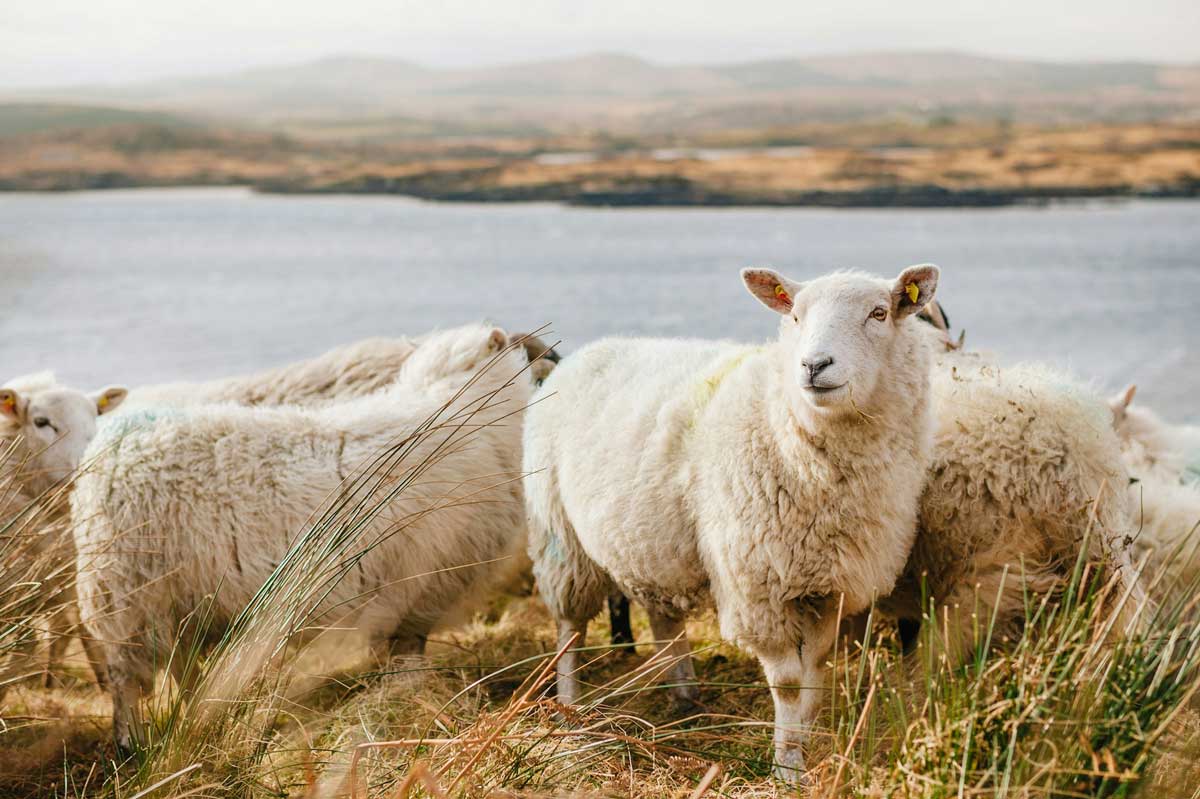Wool is a staple fiber in our everyday lives and has been for centuries. Textiles and clothing made from wool have been long valued for their durability, versatility, and warmth for many centuries. However, concerns over animal welfare and environmental sustainability within the wool industry have prompted the development of responsible wool standards. These standards aim to ensure that wool production meets certain ethical and environmental criteria, providing consumers with assurance that the wool products they purchase are produced responsibly.
These wool yarn standards are important because the wool industry has faced criticism in the past for issues such as mulesing, which is a controversial practice used to prevent flystrike in sheep, as well as concerns about animal welfare and environmental impact. In response to these concerns, various organizations and certifications have been created to set standards for ethical wool production.
Responsible wool standards encompass a range of criteria, including animal welfare, environmental sustainability, and social responsibility. By adhering to these standards, wool producers demonstrate their commitment to ethical practices throughout the entire supply chain, from the treatment of sheep to the processing of wool. The result is customers who are buying wool they know can be trusted.
The Textile Exchange developed the term Responsible Wool Standard, a global standard that ensures the welfare of sheep and the land they graze on. It prohibits mulesing and requires traceability throughout the supply chain. Overall, it is an ethical certification to help combat animal welfare and environmental issues that have been uncovered in the wholesale wool industry.
By adhering to these standards, wool producers and manufacturers demonstrate their commitment to animal welfare, environmental sustainability, and social responsibility. Consumers can support these efforts by choosing wool products that carry certifications and labels indicating compliance with responsible wool standards.
The certification of responsible wool standards is a pivotal aspect in ensuring transparency and accountability within the wool industry. Those who are interested in obtaining the Responsible Wool Standards certification must complete a various-step process that starts with applying for the certification through SCS Global and then flows through a series of tasks that include an on-site audit, collecting data, drafting an assessment report, making any necessary corrective actions, undergoing a certification decision, and then taking necessary steps to maintain and renew the certification every three years.
Overall, the RWS encourages continuous improvement within the industry, as producers strive to meet and exceed the requirements set forth by these standards. Ultimately, certification of responsible wool standards plays a crucial role in fostering trust and integrity throughout the wool supply chain, benefiting both producers and consumers alike.

News ·



Leave a comment